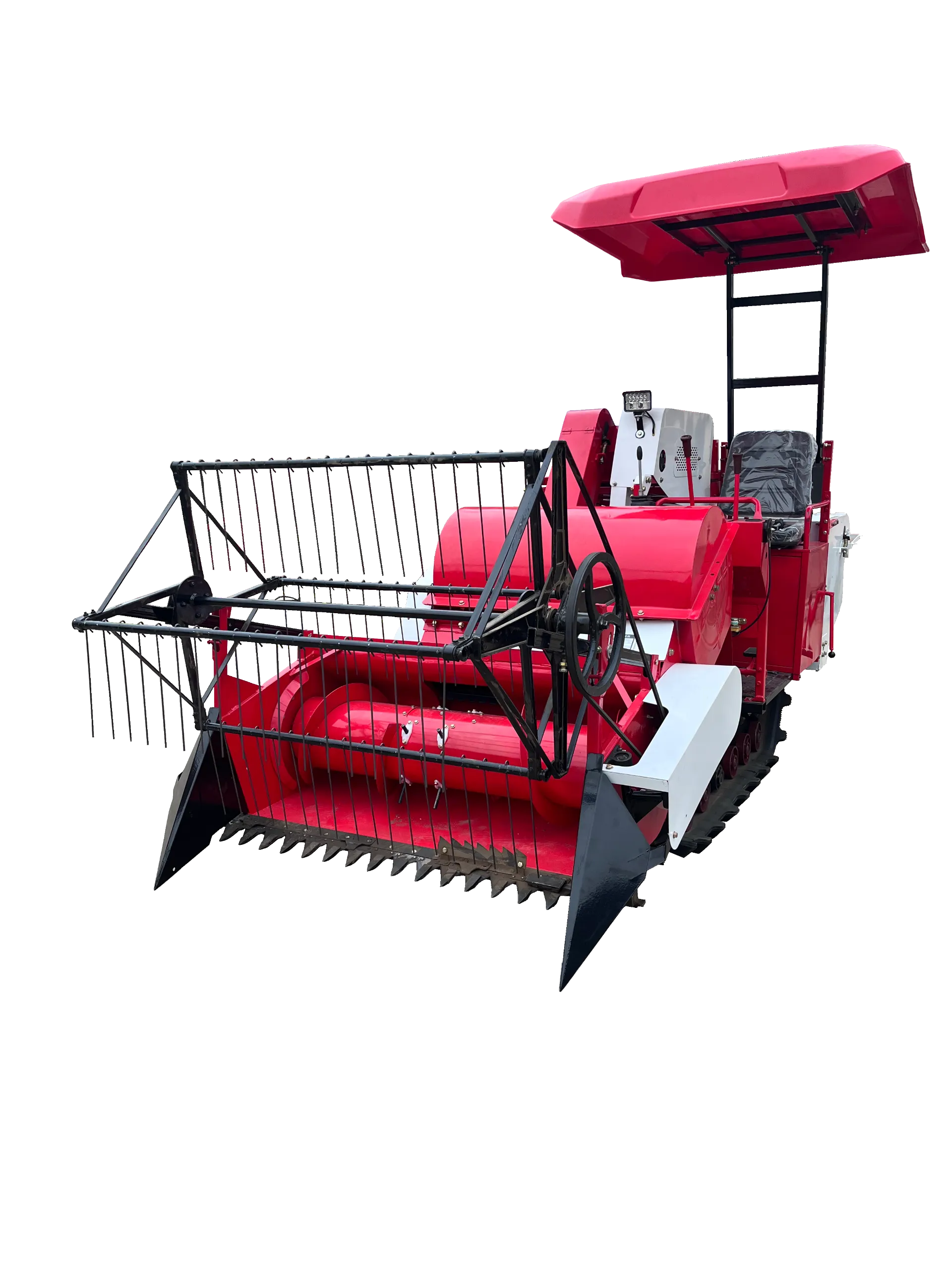Compact Harvesting Solutions for Small-Scale Farms and Efficient Crop Management
Small Farm Combine Harvesters Revolutionizing Agriculture
In recent years, the agricultural sector has witnessed significant advancements in technology, transforming the way farming operations are conducted. Among these innovations, the small farm combine harvester stands out as a game changer for smallholder farmers. Designed specifically for the needs of small-scale farmers, these machines are not only efficient but also economical, enabling farmers to maximize their yields and optimize their resources.
Traditionally, harvesting crops has been a labor-intensive and time-consuming process. For small farms, which often operate on limited budgets and workforce, the introduction of small combine harvesters has alleviated many of these challenges. These machines are compact and versatile, making them suitable for various crops, including wheat, barley, rice, and pulses. The ability to manage multiple functions, such as cutting, threshing, and cleaning, in a single pass saves considerable time and labor costs.
One of the primary advantages of small combine harvesters is their efficiency. With the capability to handle larger areas quickly compared to manual harvesting methods, these machines help farmers to reduce their labor costs substantially. An efficient harvest process means crops can be collected at their peak ripeness, thus maintaining quality and maximizing the quantity of produce. This efficiency translates into improved profitability, which is crucial for small-scale operations looking to compete in an increasingly commercialized market.
small farm combine harvester

Moreover, the design of small combine harvesters takes into consideration the financial constraints of small farmers. These machines are generally more affordable and require less maintenance compared to larger, traditional combines. Many manufacturers offer models that are specifically tailored for small-scale operations, ensuring that farmers can find a suitable machine that fits their budget without compromising on performance. Additionally, with the availability of financing options and government subsidies in some regions, access becomes even more feasible for farmers looking to invest in modern equipment.
The introduction of these harvesters is not just about convenience; it also has significant implications for sustainability in agriculture. By streamlining the harvesting process, small combine harvesters reduce the carbon footprint associated with traditional farming practices. The reduction in manual labor means fewer emissions from transportation and machinery usage, aligning with global goals for sustainable farming. Furthermore, precise harvesting minimizes crop losses, leading to better usage of land resources and enhanced food security.
Training and support for farmers on how to operate and maintain these machines effectively have been crucial to their successful adoption. Many agricultural extension services focus on education and outreach programs aimed at familiarizing farmers with new technologies, ensuring they can leverage the full potential of these harvester models. Knowledge sharing through workshops, demonstrations, and peer-to-peer networks helps build confidence and encourages the adoption of modern agricultural practices.
In conclusion, small farm combine harvesters represent a turning point for smallholder farmers. By providing an efficient, cost-effective, and sustainable solution for crop harvesting, they empower farmers to enhance their productivity and profitability. As the agricultural landscape continues to evolve, the integration of such technologies will be essential in ensuring that small farms can thrive in the face of challenges such as climate change, market fluctuations, and labor shortages. With the right support and access to innovations like small combine harvesters, the future of small-scale farming looks promising—transforming challenges into opportunities for growth and sustainability in agriculture.
Latest news
-
When to Upgrade Your Old Forage HarvesterNewsJun.05,2025
-
One Forage Harvester for All Your NeedsNewsJun.05,2025
-
Mastering the Grass Reaper MachineNewsJun.05,2025
-
How Small Farms Make Full Use of Wheat ReaperNewsJun.05,2025
-
Harvesting Wheat the Easy Way: Use a Mini Tractor ReaperNewsJun.05,2025
-
Growing Demand for the Mini Tractor Reaper in AsiaNewsJun.05,2025







